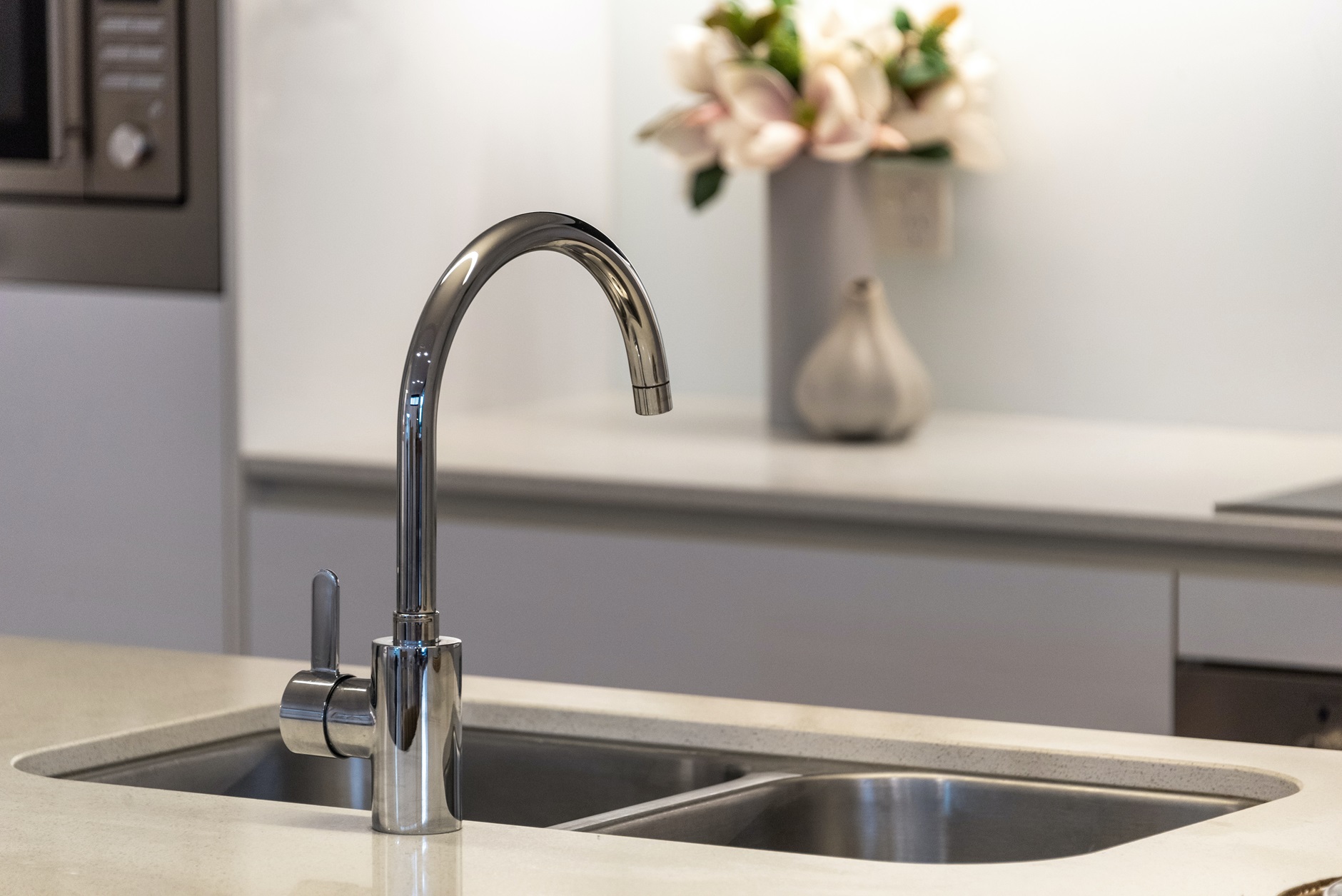
In our fast-paced world, the convenience of properly functioning drain pipes is often taken for granted. However, the ensuing frustration is palpable when the inevitable grease clog strikes.
Having a clear understanding of how to handle these nuisances is key. In this guide, we delve into the world of drain cleaning, offering advice on preventing and fixing grease-clogged drains.
Understanding Grease Accumulation: The Root of the Problem
The Origins of Grease
The culprits behind a grease clog in your sink drain pipe are more common than you may think. Here are the primary sources:
- Food Preparation: Cooking and washing dishes often introduces grease, oil, and fat into your drain pipes. Common contributors include meat, cooking oil, dairy products, eggshells, bacon grease, and oil-cooked vegetables.
- Soap: Surprisingly, most soaps are made from animal or vegetable fats, which behave similarly to the grease and fat from food. When dish soap combines with food scraps, it contributes to the formation of a grease-clogged drain.
The Accumulation Process
The journey of grease from your plate to a potentially grease-clogged pipe is a fascinating one.
- Party Central: Your kitchen sink is the prime location for collecting fat, oil, grease, and grit from food waste. These substances are usually washed down the plughole with warm, soapy water.
- Down the Pipe: As these substances travel down the pipe, they encounter cooler temperatures and begin to solidify. A layer of grease forms over the water in the pipe, and grease sticking to your pipe walls is a consequence.
- The Blockage: Over time, more fats, oils, and grease are washed down the drain opening, leading to an increased build-up that eventually results in a clogged sink drain.
Detecting Drains Clogged with Grease
How do you know if you have drain clogs with grease? Here are a few signs:
- You have a slow-draining sink.
- You hear gurgling noises when water runs through the drain pipe.
- There’s a persistent foul odour in the vicinity of the sink.
If you notice these signs, it’s time to take action.
Drain Cleaning: How to Unclog a Greasy Drain
Once a grease-clogged drain is identified, it’s important to act promptly to resolve the issue. Here are some methods that can be used to clear the blockage.
1. The Boiling Water Technique
One of the easiest ways to clear a grease clog in your kitchen sink is by pouring hot or boiling water down the drain. This method is effective for metal plumbing systems but should be avoided for plastic pipes to prevent joints from melting or softening.
2. The Vinegar Solution
A 50:50 mix of boiling water and vinegar can work wonders on a grease-clogged drain. This home remedy is non-toxic and much less corrosive than commercial drain cleaners, working by eating and dissolving the grease. Some methods include adding baking soda with vinegar and boiling water to clear the clog.
3. The Power of a Plunger
While plungers may temporarily solve plumbing issues, they don’t completely eradicate the problem. However, they can be useful in temporarily forcing air through standing water to dislodge the clog.
4. Compressed Air
For a more forceful approach, consider using compressed air or a water-drain gun. This method helps break up the blockage and push the remnants further down the pipe.
5. Hydro Sewer Jet
A hydro sewer jet or drain cleaning machine can be rented from a DIY shop to clear a stubborn grease clog. However, if you’re inexperienced, you should call a professional plumber to handle this task.
6. Drain Enzymes
Drain enzymes are eco-friendly alternatives to chemical drain cleaners when a sink is clogged. They break down the grease into simpler substances that can be washed away easily to relieve the sink trap and kitchen drain issue.
Dealing with an Outside Drain Blocked with Grease
If your outside drain is blocked, it’s crucial to determine who is responsible for the drain before attempting to clear it. This may require contacting your local council.
Preventing Grease Clogs
Prevention is always better than cure. Here are some measures to reduce the likelihood of a kitchen sink clogged:
- Avoid washing fats, oils, grease, eggshells, coffee grounds, and food scraps down the sink.
- Scrape dishes into the bin or garbage disposal before washing up.
- Use a dishwasher instead of washing up by hand.
- Add a fat trap catcher to your kitchen sink.
- Wipe dishes with a kitchen roll before washing them up.
Regular Drain Maintenance
In addition to avoiding grease in your drains, regular drain maintenance can help keep your drains clear and avoid getting your sink clogged. A mixture of baking soda, vinegar and hot water poured down the drain every few weeks can deodorise your drains and prevent a potential grease-clogged drain.
While grease clogs can be a headache, you can effectively manage and prevent these nuisances with the right knowledge and techniques and, occasionally, the assistance of a professional drain cleaner. Keep your sink drain clean, be mindful of what goes down the drain, and remember – when in doubt, call in the professionals.
When to Call a Woden Valley Plumber
While DIY methods like using plungers or hot water to dissolve grease can be effective, there are times when you’ll need professional assistance. If your sink continues to drain slowly or seems to have a recurring grease build-up problem, it’s time to call in the experts.
You can expect our crew to provide a rapid service when you notice something unusual. Our plumbers will assess your blocked drain, clear any grease accumulated, and advise you of any preventative methods to ensure your kitchen sinks remain free of animal fats and other fatty substances in the future.
Contact us and our highly trained professionals so that we can inspect your blocked drain for grease removal.



























































